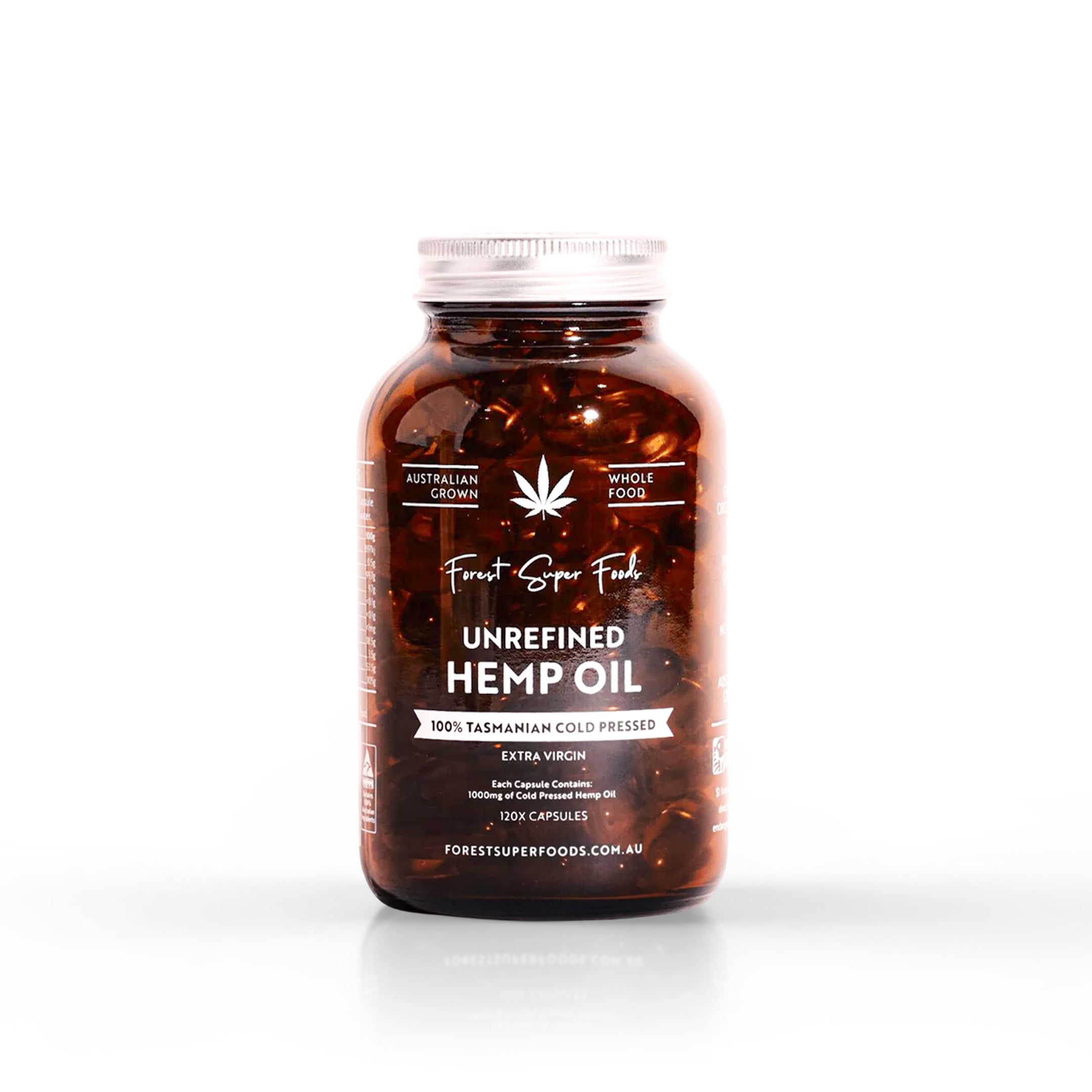Our brain, much like any other part of our body, requires proper nourishment and care to perform at its best. From a balanced diet rich in essential nutrients to lifestyle habits that support neural health, there are several effective strategies we can employ to boost our brainpower, most of them are free!
Drink pure water: Dehydration can impair attention, memory, and cognitive function. Aim to drink at least 8 glasses of water a day of purified water to keep your brain sharp and functioning at its best.
1-2% Dehydration
At just a 1-2% reduction in body water, which is considered mild dehydration, you may begin to notice:
- Decreased Attention: You might find it harder to focus on tasks and sustain attention over extended periods.
- Impaired Memory: Short-term memory can be affected, making it difficult to recall recent information or events.
- Mood Changes: Mild dehydration can cause irritability and mood swings, impacting your emotional well-being.
3-4% Dehydration
Moderate dehydration at 3-4% body water loss can lead to more noticeable cognitive impairments, such as:
- Reduced Cognitive Performance: Tasks that require complex thinking and problem-solving become more challenging.
- Slower Reaction Times: You may experience delays in your ability to react to stimuli, affecting activities that require quick thinking.
- Fatigue: Mental fatigue can set in, making it harder to stay mentally alert and focused throughout the day.
5-6% Dehydration
Severe dehydration, with a 5-6% reduction in body water, can cause significant cognitive decline, including:
- Severe Concentration Issues: Focusing on any task becomes extremely difficult, leading to decreased productivity and performance.
- Confusion: You might experience confusion or disorientation, impacting your ability to make decisions and think clearly.
- Memory Lapses: Both short-term and long-term memory can be severely impaired, affecting your ability to learn and recall information.
Your diet : Include lean proteins, leafy greens, berries, and nuts in your diet. Make at least 75% of what you eat colourful plant foods. These foods support cognitive function and protect against cognitive decline. Foods rich in polyphenols, like berries, dark chocolate, chaga, açai, and nuts, help protect your brain from oxidative stress and support cognitive function.
Increase good fats: Foods like avocados, nuts, seeds, hemp oil and wild caught fatty fish provide omega-3 fatty acids that support brain function and protect against cognitive decline. Include these fats in your diet for optimal brain health.
Include more phosphatidylserine: Phosphatidylserine is a phospholipid that is important for cell membrane health. It has been shown to improve cognitive function, memory, and mental clarity. Phosphatidylserine can be found in organ meats (chicken and beef liver), egg yolks, fatty fish (mackerel and tuna), soybeans (edamame), and white beans
Eat more fermented food: A healthy gut microbiome can improve mood and cognitive function. Include probiotic-rich foods like yoghurt, kefir, and fermented vegetables in your diet to support both gut and brain health.
Eat more magnesium: Magnesium is involved in many brain functions, including learning and memory. It helps regulate neurotransmitters and can improve mood and cognitive abilities. Include more foods high in magnesium, dark chocolate, spinach, pumpkin seeds, almonds, avocado, banana and wild caught salmon
Avoid refined sugars: These foods can lead to cognitive decline and poor memory over time. Instead, focus on whole foods like fruits, vegetables, lean proteins, and whole grains for optimal brain function.
Meditation and mindfulness practices reduce stress and improve focus and cognitive flexibility. Just a few minutes a day can make a big difference. Try yoga, meditation, tai chi and deep breathing.
Quality sleep is crucial for memory consolidation and cognitive function. Aim for 7-9 hours of sleep per night to keep your brain in top shape
Move your body: Regular physical activity increases blood flow to the brain, enhancing memory and cognitive function. Aim for at least 30 minutes of moderate exercise most days of the week
My favourite superfoods for brain health:
Hemp Oil – for its Omega 3 fatty acids
Lions Mane – For its benefits for brain fog and improving productivity
Brain Food- its a nutritionist-curated blend of kola nut, ginkgo biloba, lions mane, ginseng, nettle leaf and suma root to promote healthy brain function.









Leave a comment
All comments are moderated before being published.
This site is protected by hCaptcha and the hCaptcha Privacy Policy and Terms of Service apply.